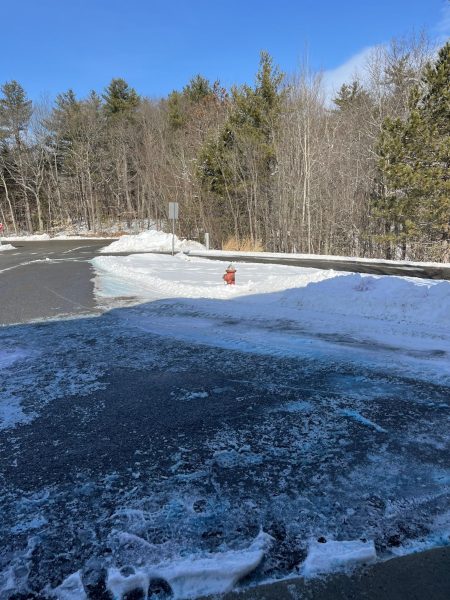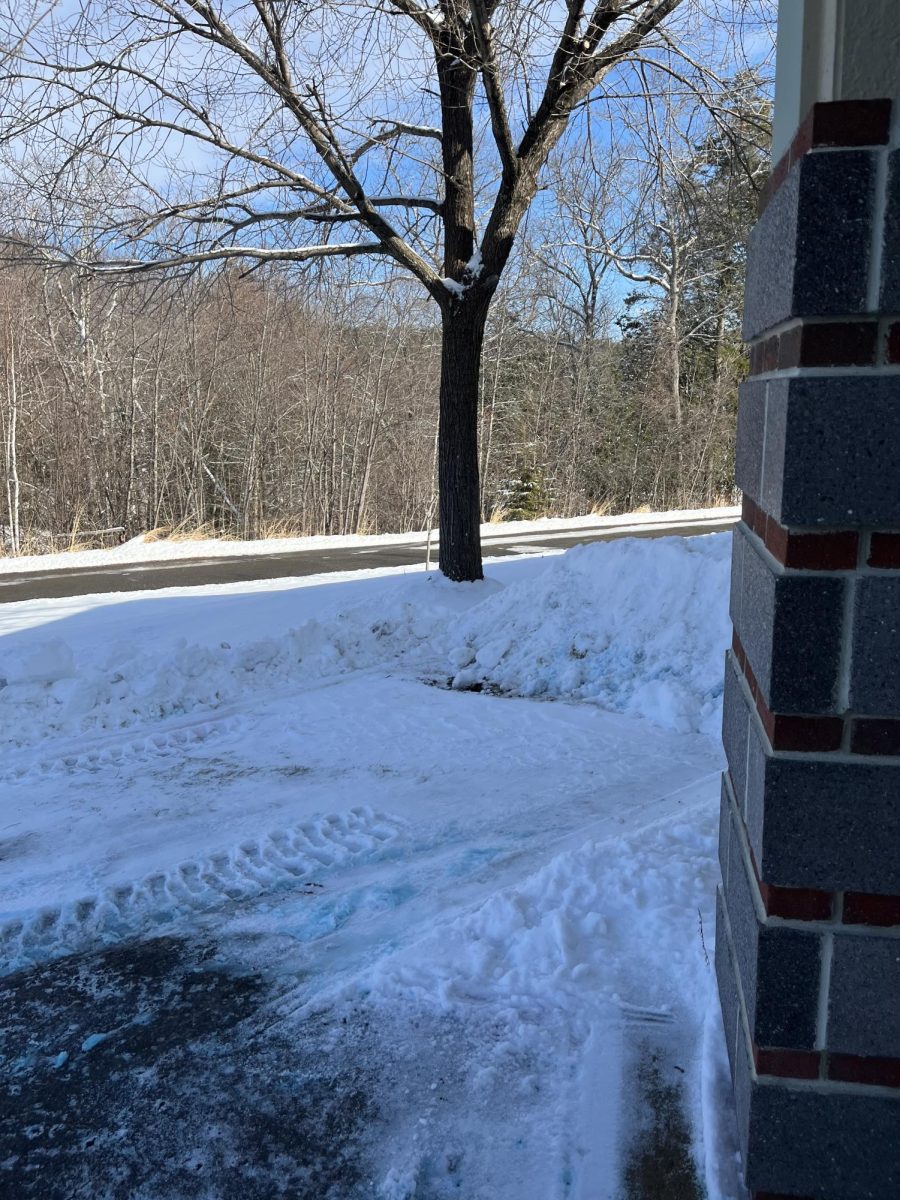January is the coldest month for many states in the U.S., however this January has been a little colder than usual. “This could end up being the coldest January since 2011 for the U.S. as a whole,” said Pual Pastelok
The arctic air from Canada has brought freezing temperatures into the United States according to USA today. The jet stream is unstable,“ said Oakmont science teacher Daniel Dufour.
According to Climate.Gov the jet stream is a “fast, narrow current of air flowing from west to east that encircles the globe” Dufour said, “In a normal situation the jet stream is very stable, having a slight waviness.” However recently as the earth is getting warmer due to climate change, the temperature difference between the Arctic and mid-latitudes is getting smaller. Which causes the jet stream to become unstable.
Due to the unstable jet stream the south is going to experience severe weather. Mississippi just recently had a winter storm bring them some snow on January 21st. It is not normal for the south to be getting this weather. Dufour says “the southern states should not be getting snow”
According to SunHerald, “The snowstorm froze South Mississippi, closing businesses, schools, and roads.” These freezing temperatures and snow storms are not normal for the South.
The cold weather will also have economic effects. According to Columbia River PUD “it takes more energy to heat your home when the temperature drops. The more difference there is between temperature outside and and the thermostat setting inside, the harder your heating system will work and the more energy it will use.”
In Massachusetts the temperatures will drop to freezing lows between 0-10 degree Fahrenheit according to WROR. The national weather service says Ashburnham hit -17 degrees Fahrenheit on Wednesday.
Some ways to stay warm during this cold weather include wearing layers, eat enough food to give your body energy to heat itself, and wearing a jacket when outside. You can also seal gaps between doors and windows and turn your heat on according to better health channel.

According to the winter advisory, wind chills could reach as low as negative 15 degrees in parts of Massachusetts. Weather this cold could lead to hypothermia if precautions aren’t taken.
Hypothermia is according to Mayo Clinic, “a condition that occurs when core body temperature drops below 95 degrees Fahrenheit.” Some signs of hypothermia are numbness, drowsiness, shivering, and increased heart rate and breathing.
If you do get hypothermia, you are supposed to have a warm drink and use first-aid warm compresses according to Mayo Clinic. Mild hypothermia is easy to treat however according to Better Health Channel, “If core body temperature is lower than 28 degrees Celsius, the condition is life threatening without immediate medical attention.”
According to the MN dept. Of health when you are exposed to cold weather your body loses heat faster than it can be produced. This can cause things like frostbite. Frostbite is a condition in which skin and the tissue just below the skin freeze.
According to Mayo Clinic one way to help frostbite is by “soaking it in a tub or sink of warm water for about 30 minutes.” Frostbite will discolor and blister your skin, but it is possible to fully recover as long as the frostbite did not affect your blood vessels.
The cold weather can also lead to some sicknesses including bacterial infections, ear infections, and sinus infections according to Johns Hopkins Medicine. “When the air is dry, it can cause the mucous membranes in the nose to become dehydrated, which can lead to sinus irritation and inflammation,” according to Laent.
Some signs of a sinus infection include runny nose, facial pain or pressure, and headache. According to American College of Allergy Asthma and Immunology, “sinus infections can last anywhere from ten days up to eight weeks.”
Some other health concerns to look out for during these cold winter months include heart attack, flu, and pneumonia. According to Johns Hopkins Medicine. “People are indoors more often in the winter, allowing viruses to pass more easily from one person to another. And the cold dry air may weaken resistance.”
About 55% of the United States population is exposed to the freezing weather over the next week along with strong winds according to the New York Times. The cold weather is expected to move across Texas, The Gulf Coast, the deep south, and parts of New England.
Along with the cold it will also be very dry outside. According to the National Weather Service, dry and cold air will remain over many states.
















